
Anna Maria MazziniOMRI, Anna Maria Quaini, known as Mina Mazzini or simply Mina, is an Italian singer. She was a staple of television variety shows and a dominant figure in Italian pop music from the 1960s to the mid-1970s, known for her three-octave vocal range, the agility of her soprano voice, and her image as an emancipated woman.

Lucio Battisti was an influential Italian singer-songwriter and composer. He is widely recognized for songs that defined the late 1960s and 1970s era of Italian songwriting.
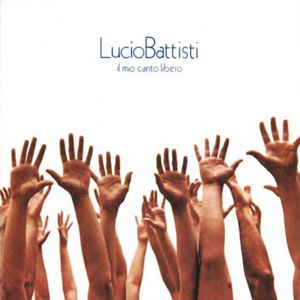
Il mio canto libero is an album by the Italian singer-songwriter Lucio Battisti. It was released in November 1972 by Numero Uno.
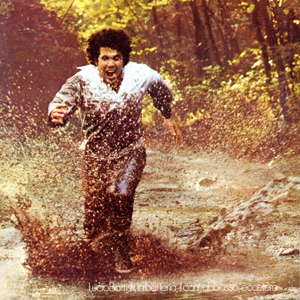
Lucio Battisti, la batteria, il contrabbasso eccetera is an album by the Italian singer-songwriter Lucio Battisti. It was released in January 1976 by Numero Uno.
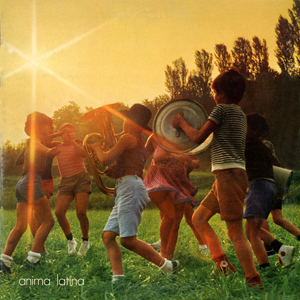
Anima latina is an album by the Italian singer-songwriter Lucio Battisti. It was released in December 1974 by Numero Uno. The album was arranged and produced by the lyricist Mogol and Battisti in its entirety, with performances by various semi-unknown musicians. It is considered one of Battisti's masterpieces for signalling a significant departure from his previous records. Anima latina was Italy's eighth best-selling album of 1975.

Cosa succederà alla ragazza is an album by the Italian singer-songwriter Lucio Battisti. It was released in October 1992 by Columbia Records.
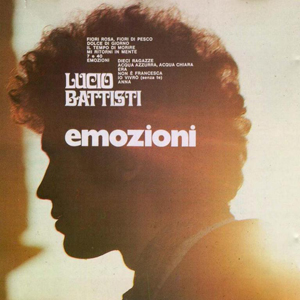
Emozioni (Emotions) is an album by the Italian singer-songwriter Lucio Battisti. It was released in December 1970 by Dischi Ricordi.

Umanamente uomo: il sogno is an album by the Italian singer-songwriter Lucio Battisti. It was released in April 1972 by Numero Uno.

Una giornata uggiosa is an album by the Italian singer and songwriter Lucio Battisti. It was released in January 1980 by Numero Uno.
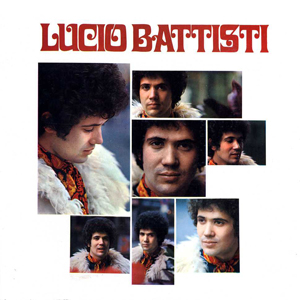
Lucio Battisti is the first album by the Italian singer-songwriter Lucio Battisti. It was released in March 1969 by Dischi Ricordi.

Hegel is the final album by the Italian singer-songwriter Lucio Battisti. It was released on 29 September 1994 by Numero Uno.

La sposa occidentale is an album by the Italian singer-songwriter Lucio Battisti. It was released in September 1990 by CBS.

Amore e non amore is a concept album by the Italian singer and songwriter Lucio Battisti. It was released in July 1971 by Dischi Ricordi.
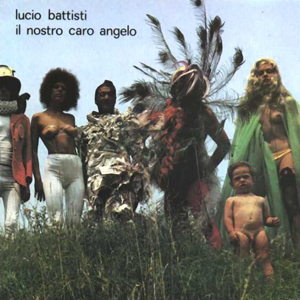
Il nostro caro angelo is an album by the Italian singer and songwriter Lucio Battisti. It was released in September 1973 by Numero Uno and was Italy's second-best selling album in 1973, the first being Battisti's previous album, Il mio canto libero.
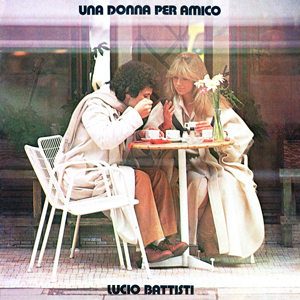
Una donna per amico is an album by the Italian singer and songwriter Lucio Battisti. It was released in December 1978 by Numero Uno.

Io tu noi tutti is the tenth album by the Italian singer and songwriter Lucio Battisti. It was released in March 1977 by Numero Uno.
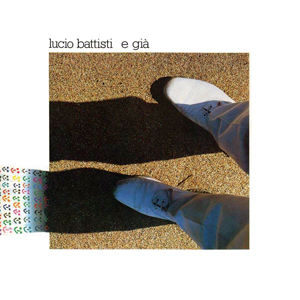
E già is an album by the Italian singer and songwriter Lucio Battisti. It was released in September 1982 by Numero Uno.
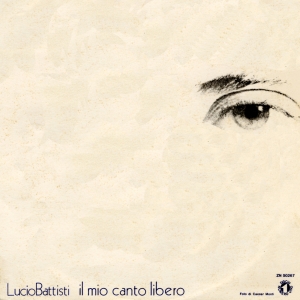
"Il mio canto libero" is a song written by Italian singer-songwriter Lucio Battisti and lyricist Mogol. The song was recorded by Battisti for the album of the same title, and released as a single in November 1972 for Mogol's recording label Numero Uno. The song was a commercial success in Italy, topping the Musica e dischi singles chart in 1973 and becoming the third best-selling single of the year. During the following years, it was covered by several artists, and it became a classic of Italian popular music. It was certified gold by the Federation of the Italian Music Industry in 2019, for domestic sales exceeding 25,000 units since 2009.
Lucio Battisti Vol. 2 is the second album by the Italian singer-songwriter Lucio Battisti. It was released in July 1970 by Dischi Ricordi.

"Amarsi un po'" is a song composed by Lucio Battisti and Mogol, and performed by Lucio Battisti. It was released as a single in March 1977, with "Sì, viaggiare" as B-side. The single peaked at first place ten weeks on the Italian hit parade and was the most sold single of the year in Italy. The same year Battisti released an English version of the single for international markets, with the two songs renamed "To Feel in Love" and "Keep on Cruising" and with lyrics by Peter Powell. They were included in the album Images.





















